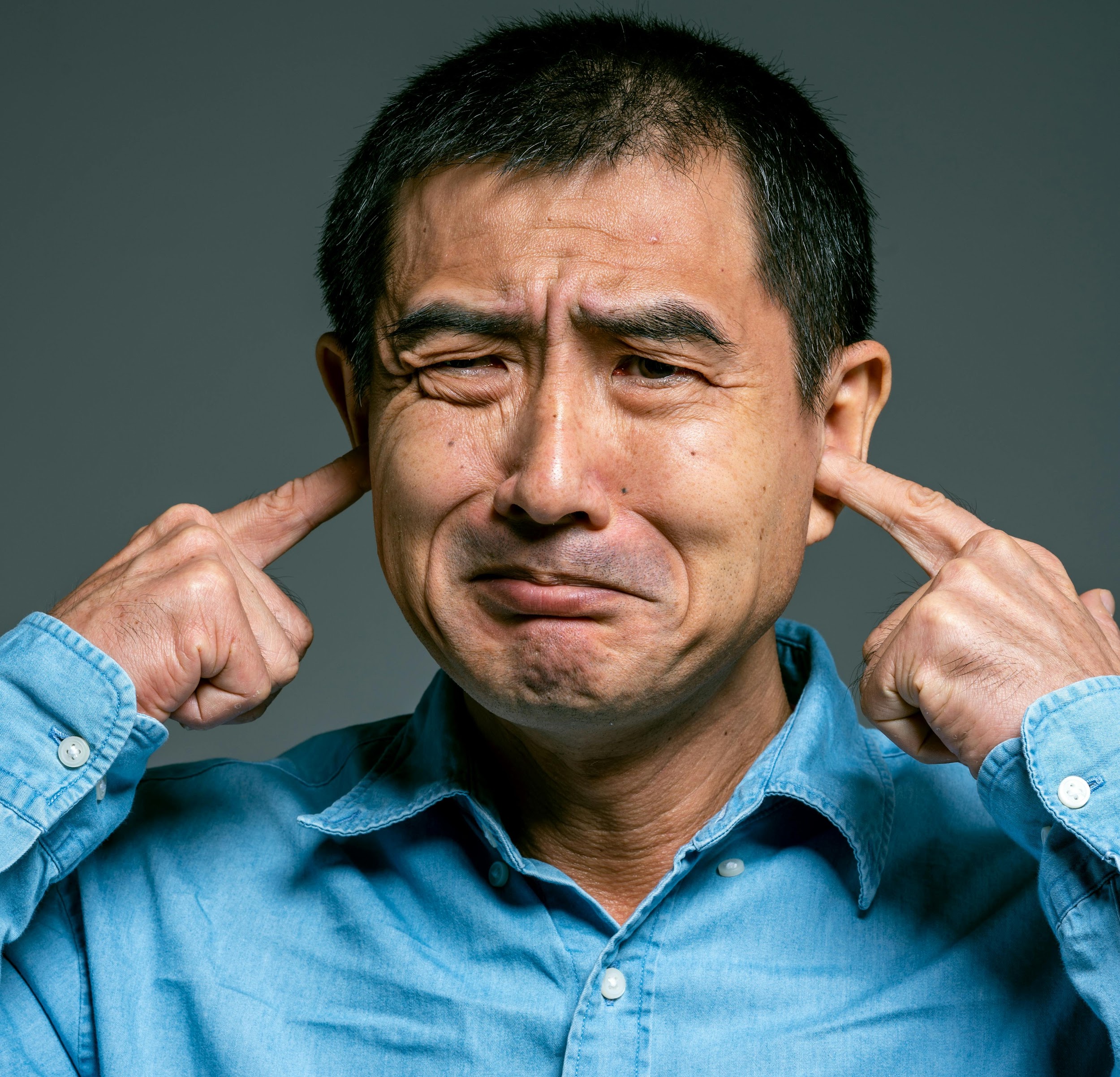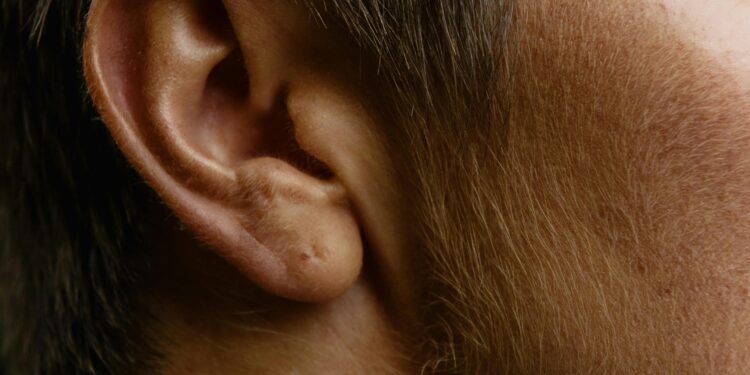Sometimes you can constantly hear noises that no one can hear, a noise that follows you everywhere. Whether you are in a quiet room, trying to sleep or focusing on a task, this sound is persistent. It typically occurs as a high-pitched ringing, a low person or even a hissing noise in the ear. This condition is what is known as tinnitus, which can be very disruptive making it difficult to concentrate or enjoy a moment of silence.
According to the National Library of Medicine, “studies have reported highly variable tinnitus prevalence, ranging from 4% to 37% worldwide.” In this article, we’ll explore what tinnitus is, and what causes it.

What is Tinnitus?
Tinnitus is a condition that causes you to hear sounds like ringing, buzzing, or hissing in your ears, even though there’s no actual noise around you. This noise can be constant or come and go, and it can vary in pitch and volume.
Common Causes of Ringing Ears or Tinnitus
Ear Damage
Age-Related Hearing Loss (Presbycusis): As you grow older, the tiny hairs in your inner ear that help you hear can get damaged. This damage happens naturally over time as a result of aging or cumulative noises, which can cause both hearing loss and ringing in your ears (tinnitus).
Noise-Induced Hearing Loss: Exposure to really loud noises, like from concerts, loud machinery, or even loud music through headphones, can harm the delicate hairs in your inner ear. When these hairs get damaged or die off, as mentioned before, it can lead to permanent hearing loss and ringing in your ears.
Earwax Blockage or Ear Infection
Earwax Blockage: Earwax, also known as cerumen, is a natural substance your ears produce to keep them clean and protect them from dust, dirt and other small particles that can potentially irritate the structure of the ear. Sometimes, though, too much earwax can build up and block your ear canal. This blockage can cause temporary hearing loss and make your ears ring until the wax is removed.
Ear Infections: Infections in your ear, especially in the middle or inner ear, can cause swelling and fluid buildup. When this happens, it can mess with how your ear works and lead to temporary hearing loss and tinnitus. Ear infections are common, especially in kids, but they usually get better with antibiotics or other treatments.
Medication
Ototoxic Drugs: There are drugs known as ototoxic drugs that can damage the sensitive parts of your inner ear which helps people to hear. Certain antibiotics, cancer medications, and even high doses of aspirin fall into this category. They can cause or worsen tinnitus by messing with the way your ears process sound.
Other less common causes include head or neck injuries which damage the hearing structure, chronic conditions like high blood pressure and diabetes, or a condition called temporomandibular joint (TMJ) disorder.
Conclusion
Having ringing ears, or tinnitus, can happen for different reasons. It might be from loud noises, earwax buildup, health issues, or even injuries. If you have constant ringing in your ears, it’s important to see a doctor. They can figure out what’s causing it and suggest the right treatment. Getting help early can make a big difference in how well you manage it and feel better.

















